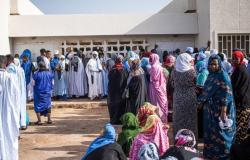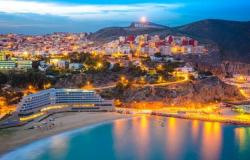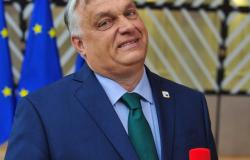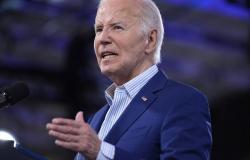At a crossroads, South Africa is suspended from negotiations for the formation of a government of national unity by the ANC, whose historic setback in the legislative elections has opened the door to an uncertain future.
A week after the proclamation of the results of the legislative elections, the African National Congress (ANC) does not seem to be able to manage the political impasse in the country, which is also facing a deep economic and social crisis.
The coalition scenarios mentioned augur an implosion of the party in power since 1994. The ideological differences between its different currents are coming to light, betraying the fragility of the façade of unity maintained only thanks to the electoral victories of the last thirty years.
Remember that Nelson Mandela’s party has always obtained an absolute majority. Exasperated by the corruption cases and the lack of attention to their concerns, South Africans severely sanctioned him in the last election. Far from the 230 seats in the outgoing Parliament, the ANC, credited with barely more than 40% of the vote, will only have 159 deputies out of 400 at the next assembly. For the first time in its history, the party finds itself in need of a coalition to be able to govern.
“The ANC recognizes that we find ourselves at a key moment in the life of our nation (…) We must act quickly to safeguard national unity, peace, stability, inclusive economic growth, non-racism and non-sexism”underlined President Cyril Ramaphosa, in his invitation to form a national unity cabinet.
Talks based on bargaining?
So far, only a liberal party has responded favorably to this call. This is the Democratic Alliance (DA), the leading opposition party with 87 deputies. However, the ANC hawks are vetoing an alliance without negotiating the issues. The holdouts will have to make Ramaphosa’s task more difficult.
Specialists agree that an agreement with the Liberals is the only way to reassure investors and avoid capital flight. The DA has said it is willing to compromise on divisive issues, such as its proposal to abandon the minimum wage and affirmative action policies.
The liberals, on the other hand, refuse any concession on the possible entry into the government of the EFF (Freedom Fighters), a radical left-wing formation led by Julius Malema, a defector from the ANC also opposed to any rapprochement with “representatives of the white colonial system and apartheid”in allusion to the Democratic Alliance.
Today, the ANC is paying the costs of its own political and diplomatic mistakes. He squandered the country’s wealth and great potential on lost and absurd causes, to the detriment of the South African population.






